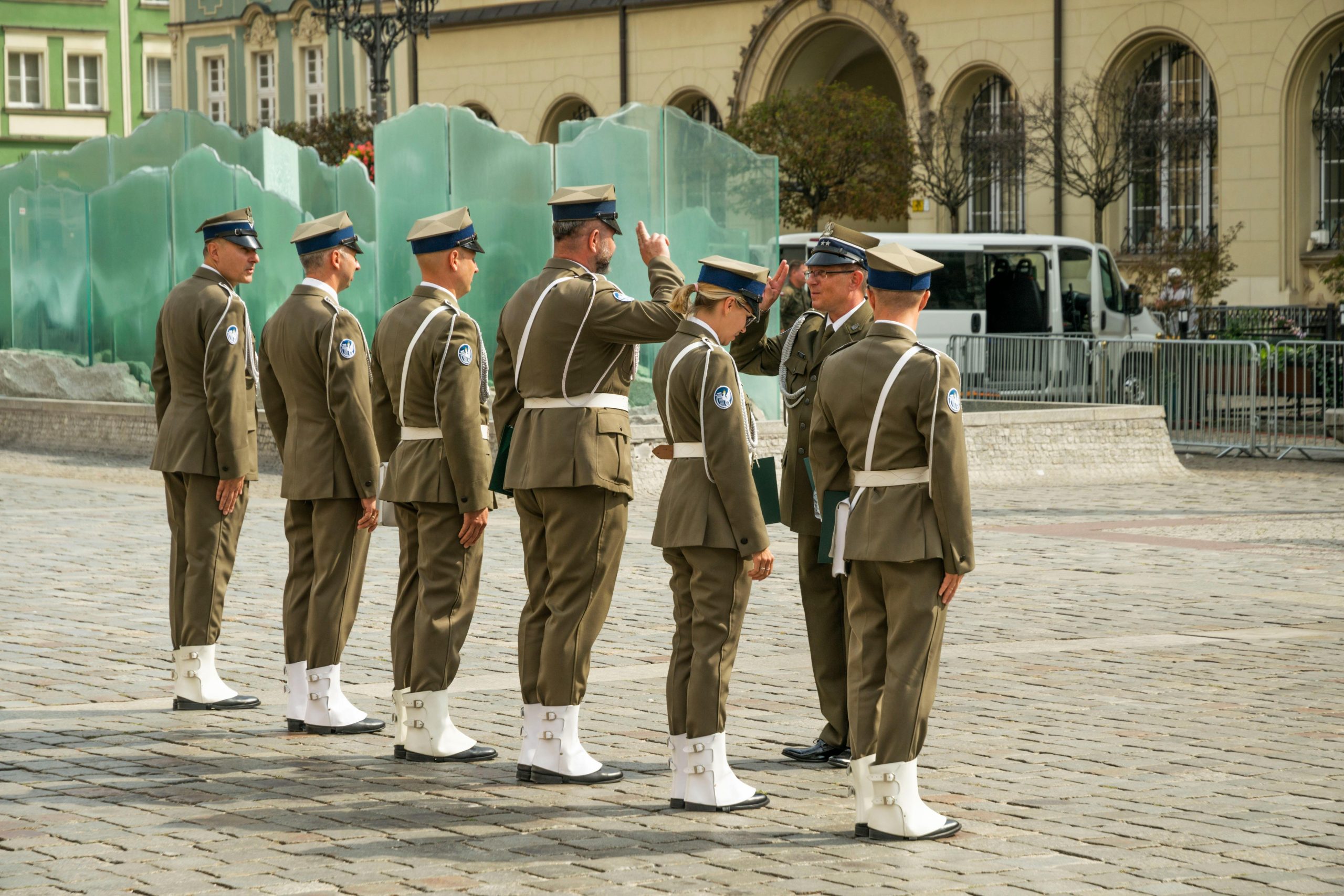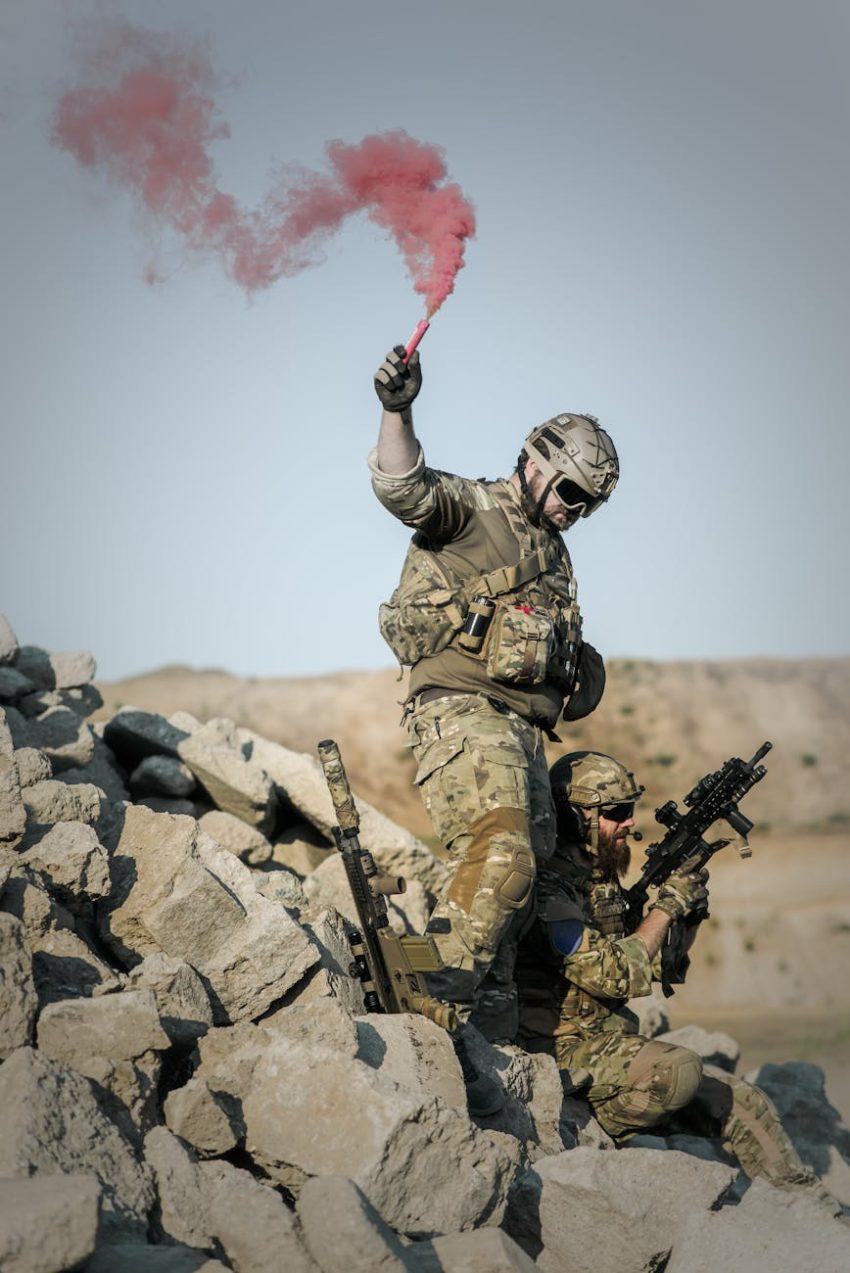In the complex geopolitical landscape of Eastern Europe, NATO plays a pivotal role in maintaining stability and security among its member states. As tensions rise and conflicts evolve, Ukraine emerges as a crucial player in shaping NATO Interests and strategies. This blog post delves into Ukraine’s significance within the alliance, exploring how American foreign policy influences the dynamics between NATO and Ukraine. Understanding these relationships not only sheds light on current international affairs but also highlights the broader implications for global security and diplomatic relations.
The Strategic Importance of NATO in Eastern Europe
NATO, or the North Atlantic Treaty Organization, plays a vital role in maintaining stability and security in Eastern Europe. This region has historically been a hotspot for geopolitical tensions, particularly due to its proximity to Russia. NATO’s presence acts as a deterrent against aggressive actions from potential adversaries, ensuring that member nations feel secure and protected. The alliance not only signals military readiness but also reinforces democratic values and the rule of law among its members.
One significant aspect of NATO’s strategic importance in Eastern Europe is its commitment to collective defense, encapsulated in Article 5 of the North Atlantic Treaty. This principle states that an attack on one member is considered an attack on all. By extending this security guarantee to Eastern European nations, NATO helps to foster a sense of unity and cooperation among its members. It reassures countries like Poland, the Baltic states, and Romania that they are not alone in facing potential threats.
Furthermore, NATO enhances regional defense capabilities through joint exercises and strategic partnerships. These collaborative efforts not only help to improve military readiness but also promote interoperability among different forces. For instance, regular training exercises in Eastern European countries demonstrate NATO’s commitment to enhancing security while simultaneously building trust and cooperation with local armed forces.
In an era of hybrid warfare and cyber threats, the importance of NATO extends beyond conventional military power. The alliance actively works to address non-traditional threats, such as disinformation campaigns and cyberattacks, which are increasingly prevalent in Eastern Europe. By strengthening its cyber defenses and developing a comprehensive approach to hybrid threats, NATO is better equipped to safeguard the interests of its member states.
In summary, the strategic importance of NATO in Eastern Europe lies in its ability to deter aggression, enhance collective defense, and adapt to emerging threats. This not only stabilizes the region but also aligns with the overarching goal of promoting peace and democratic values, reflecting the alliance’s commitment to its members and NATO Interests.

Ukraine’s Role in Shaping NATO Interests
Ukraine’s geographical position and its ongoing conflict with Russia have made it a critical player in shaping NATO interests in Eastern Europe. As a nation that lies at the crossroads of Europe and Asia, Ukraine serves as a buffer zone between NATO member states and the Russian Federation. The annexation of Crimea by Russia in 2014 and the subsequent armed conflict in Eastern Ukraine have exacerbated security concerns among NATO allies. This situation has led to a reevaluation of strategies within the alliance, highlighting the importance of Ukraine in maintaining regional stability.
One of the most significant aspects of Ukraine’s role is its pursuit of NATO membership. The aspirations for membership have spurred reforms in Ukraine’s military and governmental institutions, as the nation aligns itself with NATO standards. For instance, Ukraine has adopted various defense reform initiatives aimed at enhancing interoperability with NATO forces. This transformation not only strengthens Ukraine’s military capabilities but also reassures NATO member nations of its commitment to collective defense.
Furthermore, Ukraine’s involvement in various NATO-led missions has illustrated its dedication to international security. By contributing troops to operations in the Balkans and Afghanistan, Ukraine has proven its reliability as a partner within NATO. This active engagement bolsters Ukraine’s case for eventual membership and strengthens its bond with the alliance, which is crucial in the current geopolitical landscape.
Additionally, Ukraine’s strategic partnerships with NATO have resulted in enhanced military cooperation, including joint training exercises and intelligence sharing. This collaboration serves to deter potential aggression from Russia and fosters a sense of solidarity among Eastern European nations. Ultimately, Ukraine’s role is pivotal not only in enhancing NATO interests but also in shaping the future security landscape of Europe. As the security environment evolves, Ukraine’s strategic decisions will continue to influence NATO policies and the collective response to emerging threats.
The Impact of American Foreign Policy on NATO and Ukraine Relations
American foreign policy plays a pivotal role in shaping the dynamics between NATO and Ukraine. Since the end of the Cold War, the United States has consistently supported NATO’s expansion as a means to counter threats from adversaries and promote stability in Eastern Europe. This support is not only strategic but is also vital for the realization of NATO Interests, particularly given Ukraine’s geographical and geopolitical significance.
In recent years, as Ukraine faces military aggression from Russia, American foreign policy has further emphasized the importance of bolstering NATO’s Eastern flanks. The U.S. has provided substantial military aid and training to Ukrainian forces, enhancing their capability to defend against encroachments. This assistance illustrates a commitment that extends beyond mere words, showcasing a deep investment in Ukraine’s ability to maintain sovereignty, which aligns with NATO Interests in regional security.
Furthermore, U.S. diplomatic efforts have sought to integrate Ukraine more deeply within NATO’s structures, despite its non-member status. By engaging in partnerships like the Enhanced Opportunities Partner status, the U.S. encourages collaborative defense initiatives and military exercises, reinforcing Ukraine’s role as a crucial partner in regional security architecture.
American foreign policy decisions, particularly regarding sanctions against Russia, also play a key role in influencing NATO’s strategic posture. These sanctions signal a unified stance among NATO allies, compelling a collective response to Russian aggression while simultaneously reassuring Ukraine. As a leader within NATO, the U.S. thus ensures that both NATO’s strategic objectives and Ukraine’s aspirations for security and stability are aligned, creating a robust framework against potential threats in the region.
Frequently Asked Questions
What is NATO’s role in supporting Ukraine amid the ongoing conflict?
NATO, or the North Atlantic Treaty Organization, plays a crucial role in supporting Ukraine by providing military assistance, training, and intelligence sharing to enhance Ukraine’s defense capabilities. Since the onset of the conflict with Russia, NATO has taken significant steps to strengthen its eastern flank, ensuring that member states are prepared for any potential escalation. Additionally, NATO advocates for Ukraine’s sovereignty and territorial integrity in international forums, aiming to deter further aggression through collective security measures.
How do American interests align with NATO’s involvement in Ukraine?
American interests significantly align with NATO’s involvement in Ukraine as the United States views a stable and independent Ukraine as essential for European security and its own national security. By supporting Ukraine through NATO, the U.S. seeks to counter Russian expansionism, promote democratic values, and strengthen alliances with European partners. This alignment helps maintain a balance of power in Europe and enables the U.S. to uphold its commitment to collective defense, thereby safeguarding its interests and those of its allies.
What are the implications of the conflict in Ukraine for global security?
The conflict in Ukraine has far-reaching implications for global security, as it challenges established norms of sovereignty and international law. The ongoing tensions have prompted NATO to increase its military presence in Eastern Europe, which could lead to a broader confrontation. Furthermore, the crisis has triggered economic sanctions against Russia, impacting global markets and energy supplies. The situation underscores the importance of diplomatic efforts to resolve conflicts and prevent the escalation of military confrontations, influencing how nations approach foreign policy in the future.
